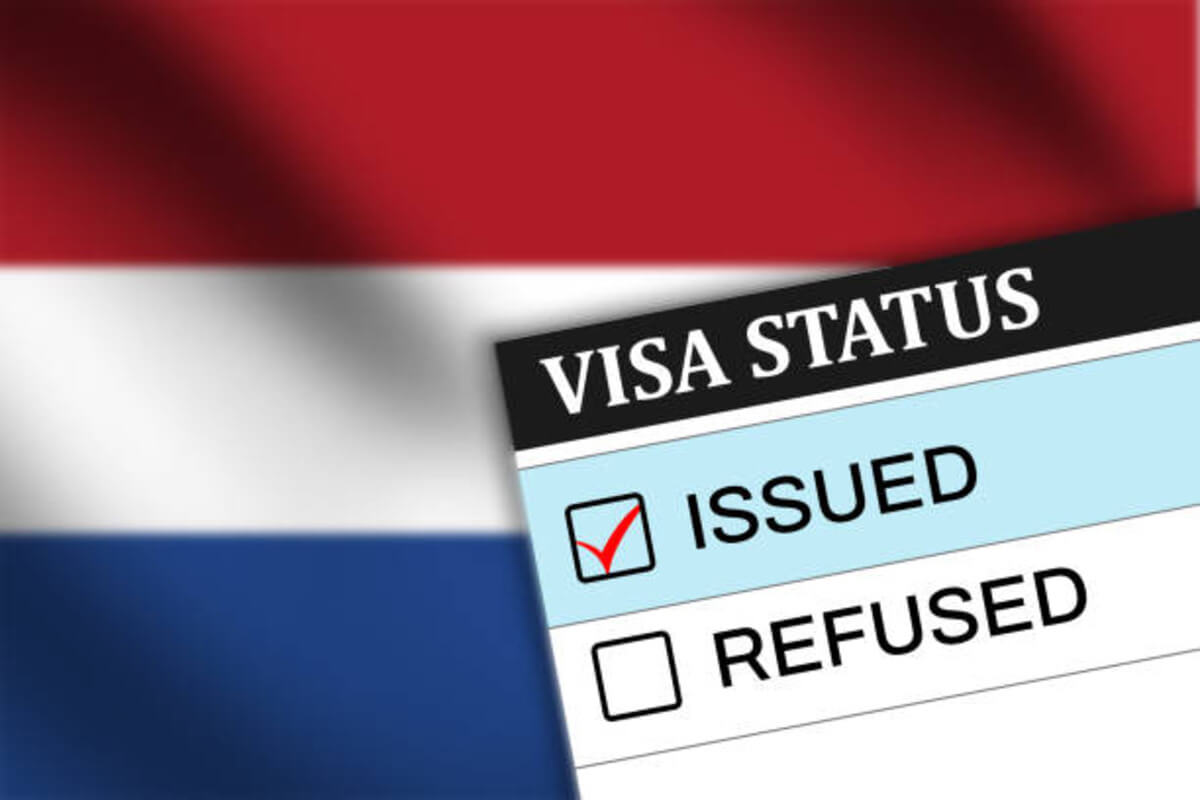Taking advantage of France’s rich history, vibrant culture, and robust economy, immigrants can find many employment opportunities there. It is imperative to know how to navigate the French job market, regardless of whether you prefer the bustling cities of Paris, Lyon, or Marseille or the quieter rural areas.
As an immigrant in France, this guide will help you find work. In addition to interview questions, it discusses legal requirements, cultural integration, and job opportunities.
Immigrant Job Opportunities in France
In France, there are a wide variety of employment opportunities available in many sectors. As an aerospace, automotive, pharmaceutical, and luxury goods country, it is known for its strong industries. Furthermore, the tech industry is booming in cities like Paris and Toulouse, creating numerous IT and engineering positions.
France continues to lead the world in hospitality, fashion, and tourism. The multilingual skills of immigrants are especially welcomed in these sectors. Moreover, many immigrants also choose to teach languages, especially English and Spanish.
Working in France: Legal Requirements
In order to work in France, you must first secure an appropriate work permit. Your country of origin and your occupation determine the type of permit you need. Those from the EU/EEA/Swiss nationality do not need a work permit, but those from outside the EU/EEA/Swiss nationality need a work visa.
Obtaining a work visa requires the sponsorship of an employer. In order to do this, you need to demonstrate that the position cannot be filled by a French or EU citizen. In order to begin this process, you need to obtain a work contract approved by the French Ministry of Labor. After that, you can apply for a visa through the French consulate in your home country.
The Job Application Process
In order to find a job in France, you must understand the job application process. A French CV typically consists of two pages, is concise, and formal. Include personal details, educational background, work experience, skills, languages spoken, as well as a small section dedicated to hobbies or interests. Depending on the job application, this should be customized.
It is a good idea to include a formal and succinct cover letter that explains why you are qualified to work for the company and how your skills are a match. The French job market is also heavily reliant on networking. Meeting industry peers, attending seminars, and using social media platforms like LinkedIn can enhance your job prospects significantly.
Cultural Integration in the Workplace
In order to succeed professionally in France, it is essential to integrate culturally. A formal workplace in France emphasizes hierarchy, courtesy, and formality in communication. This environment must be understood and adapted to. In addition to easing everyday communication, learning French helps you integrate into the community and workplace.
Additionally, understanding French work culture can help you adjust more comfortably to your new workplace, where long lunch breaks are valued and a balance is maintained between personal and professional activities.
Support Systems and Resources
In France, immigrants can find employment resources. Various programs for integration are offered by the French government’s Office of Immigration and Integration (OFII), which provides language courses and vocational training. Additionally, there are many expat communities and online forums where one can obtain support and advice.
Final thoughts
Knowing the local job market is crucial to finding a job in France as an immigrant. In addition to fulfilling legal requirements, successfully applying for jobs, and integrating culturally into the workplace, it is also important to comply with legal requirements. France can provide an enriching professional and personal experience for those who prepare and have the right resources. As an immigrant, working in France can be a rewarding experience, regardless of whether you are drawn to its global industries or charmed by its culture.





